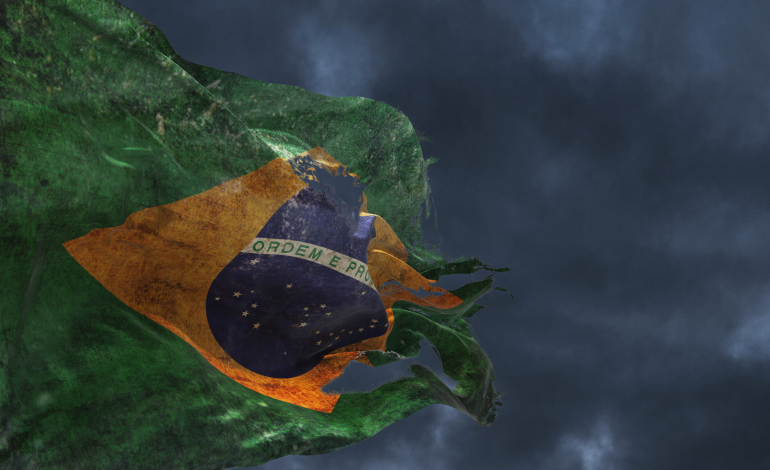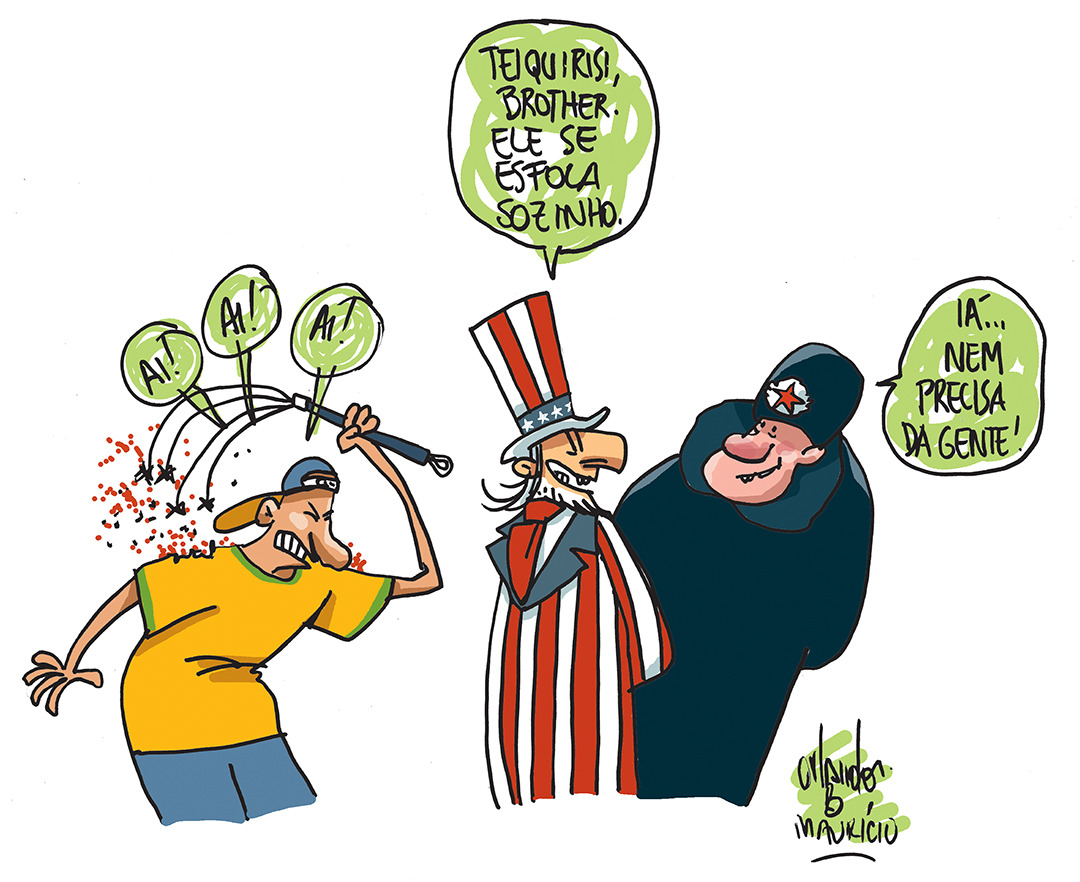
"The punishment of the good who are not interested in politics is to be governed by the bad"
Plato
Brazil has the gift of self-flagellation and of destroying itself from time to time. Whenever it shows signs of improvement, something happens to shake its structures and dismantle its institutions, causing irrecoverable losses to the economy, credibility, legal security and social stability. It's like a phoenix that, after living for 300 years, allows itself to be burned in a brazier, only to be reborn from its own ashes. In Brazil's case, this period is 10 years and every time it is reborn, a piece is missing.
This is due to the lack of political leaders capable of unifying the country, growing the economy, improving the social conditions of its population and taking it to greater heights in the global context.
Historically, Brazilian politics has been turbulent, with weak leaders. After the fall of the empire came the Old Republic. Seen from today, it's a foretaste of a republican experience in which the people didn't participate, not even women, and power alternated between the "coffee" and "milk" elites of São Paulo and Minas Gerais.
In the coup d'état of 1930, Getúlio took power and began his reign. He took office with the prestige of Tenentismo and the support of the Integralists, until the Estado Novo came along in '37. This produced the first and only dictator really worthy (or unworthy) of that title in Brazil.
Then came the fall of Getúlio, the turbulent period of democracy until Jango's parliamentarianism in '61. From then on, the fall of Jango, the military regime of '64, redemocratization and the New Republic, and everything that followed: Collor's impeachment, the Real Plan, Lula 1 and 2, Mensalão, Dilma, impeachment, Lava Jato, the criminalization of politics, Bolsonaro, polarization, hate speech, general disbelief in everything and everyone, and finally January 8, 2023.

I blame this constant self-imposed mortification on the scarcity of competent political leaders who are committed to the country. Lula is an exception, not necessarily for his great achievements, but his credits are linked to his respect for democracy and years of exclusive dedication to politics, losing more than winning elections and acquiring the skills to deal with the current turmoil. Nowadays, any unprepared ignoramus runs for elected office with an eye on the huge sums of money that surround the position.
Our system does not encourage politicians to be forged slowly in order to gain experience and exercise leadership for higher flights. The consolidated and representative parties sin by not having a well-defined succession program. An example of this is the lack of a successor to Lula in the PT and the disappearance of the PSDB.
The biggest problem is that the lack of competent political leadership is not limited to calamitous administrations. We are seeing that this lack of political leadership is fertile ground for new coups and seizures of power by force. Lava Jato attempted a coup by rigging the judiciary. By a stroke of fate, a hacker dismantled this ruse, but only after causing tens of billions of reais in damage to the country, thousands of unemployed people and destroying leading Brazilian business sectors, leading the country to yet another collapse. With the recent operation by the Federal Police, we have seen that January 8 was meticulously planned to seize power with the participation of active military personnel and to arrest ministers of the Supreme Court. It almost worked, but this failed coup doesn't mean the end of the idea.
To break this cycle of self-flagellation, the country needs leaders committed to institutional stability, sustainable development and social justice. This requires not only emergency measures to deal with immediate crises, but also deep structural reforms to promote inclusion, equal opportunities and state efficiency. In addition, it is essential to strengthen democratic institutions and promote civic participation and social dialog. Only with a serious and lasting commitment to these values and principles will the country be able to overcome cycles of self-flagellation and build a more prosperous, just and peaceful future for all its citizens.
For now, with Lava Jato and the attempted coup of January 8, Brazil has once again tightened the noose that tears its flesh and rips its entrails.



3 Comments
It reminds me of the myth of Sisyphus...
But I'm optimistic, we're purging our sins, but at the same time developing new leaders for future generations...
I'm a pessimist. The path outlined for the solution will not be adopted. There is a vicious circle in Brazil that is progressively worsening the situation and that favors adventurers, unscrupulous politicians and "saviors of the fatherland". We will always be a "half-assed" country, the eternal country of the future.
Congratulations on the topic.